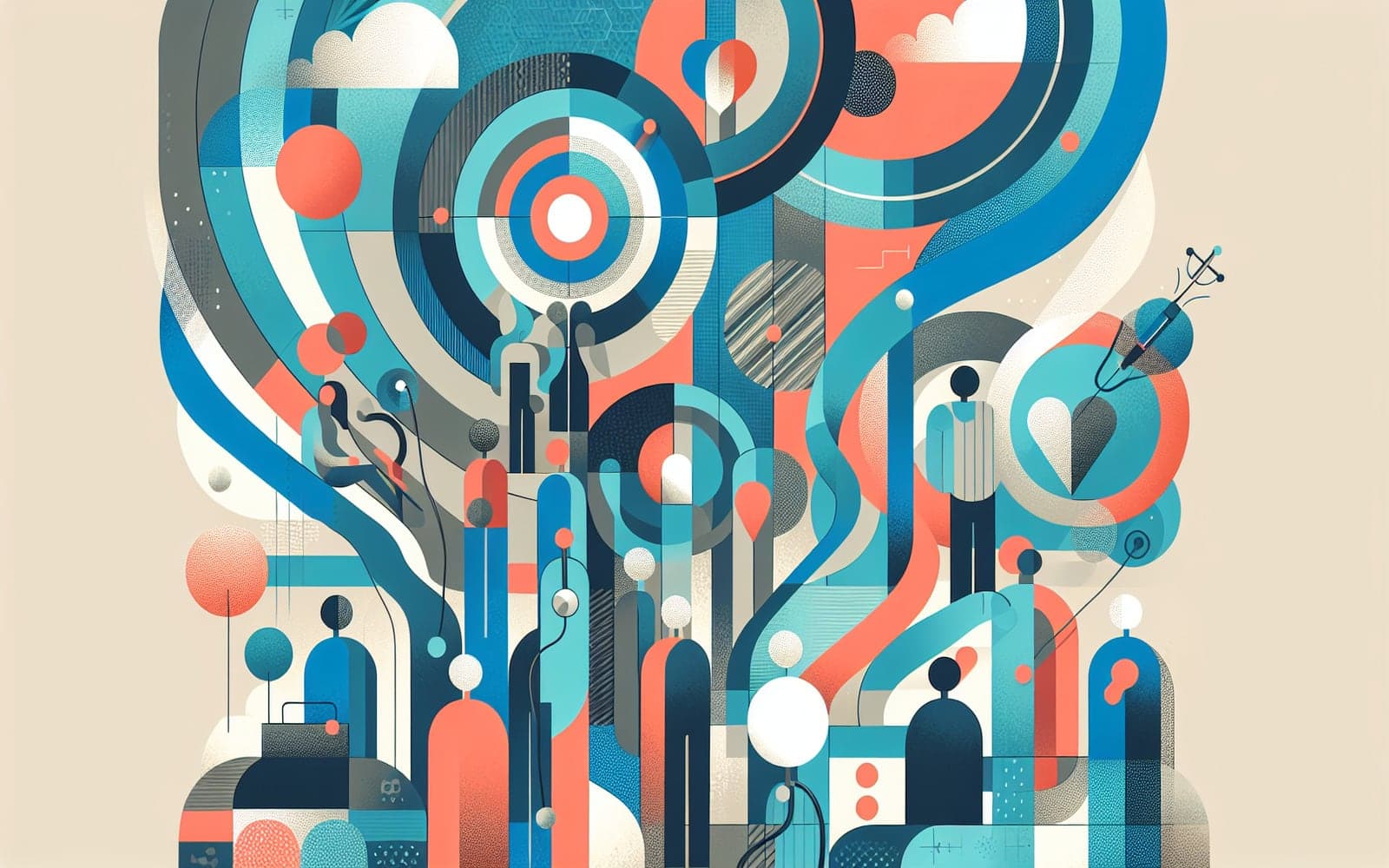Contents
-
Healthy Lifestyle Choices
-
Exploring Alternative Therapies
-
The Role of Supplements
Can You Prevent Hot Flashes? Discover the Possibilities
Can You Prevent Hot Flashes? Discover the Possibilities
Prevention Insights
While you can't stop menopause, there are ways to reduce the severity and frequency of hot flashes. Let's explore some preventive strategies.
Contents
-
Healthy Lifestyle Choices
-
Exploring Alternative Therapies
-
The Role of Supplements
Healthy Lifestyle Choices
Maintaining a healthy weight and staying active can help manage hot flashes. Regular exercise and a balanced diet may reduce their frequency and intensity. Avoiding known triggers such as spicy foods and stress can also be beneficial.
Exploring Alternative Therapies
Some women find relief with alternative therapies like CBT and mindfulness. These techniques can help manage stress and improve coping mechanisms, potentially reducing the number of hot flash episodes.
The Role of Supplements
Certain supplements, like vitamin E, have been suggested to help with mild hot flashes. While not a guaranteed solution, they offer a low-risk option that some women find helpful.
FAQs
Can lifestyle changes help?
Yes, a healthy weight and regular exercise can help manage hot flashes.
Do alternative therapies work?
Some women find relief with CBT and mindfulness techniques.
Are supplements effective?
Supplements like vitamin E may help with mild hot flashes.
Next Steps
While hot flashes can't be completely prevented, these strategies can help reduce their impact.
Additional References
-
Huang AJ, Subak LL, Wing R, et al. An intensive behavioral weight loss intervention and hot flushes in women. Arch Intern Med 2010; 170:1161.
-
Freedman RR. Hot flashes: behavioral treatments, mechanisms, and relation to sleep. Am J Med 2005; 118 Suppl 12B:124.
This article has been reviewed for accuracy by one of the licensed medical doctors working for Doctronic.












